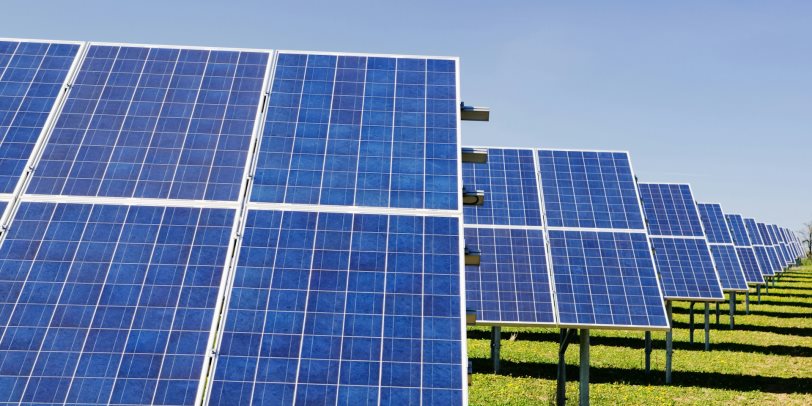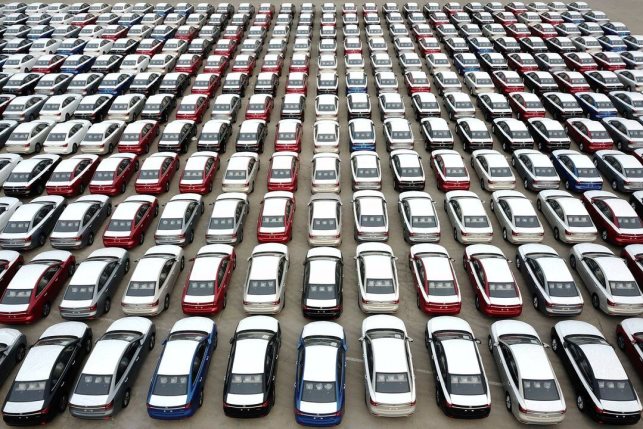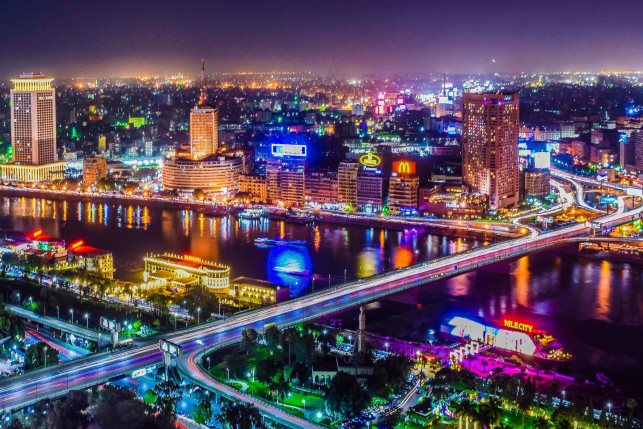Green energy investments could grow African economy by 6.4% | IRENA/AfDB
In regards to Egypt’s renewable efforts, the report highlights Egypt as one of Africa’s largest solar power producers following South Africa, accounting for over three-quarters of installed solar capacity in 2020

Africa’s energy transition, built around an integrated policy framework, could attract a wave of new sustainable energy investment to Africa, growing the region’s economy by 6.4% by 2050, writes a new report by the International Renewable Energy Agency (IRENA) in collaboration with the African Development Bank (AfDB).
The report, which zeros in on African regions, noted that only 2% of global investments in renewable energy (around $2.8 trillion) was distributed in Africa despite its “enormous” potential.
In regards to Egypt’s renewable efforts, the report highlights Egypt as one of Africa’s largest solar power producers following South Africa, accounting for over three-quarters of installed solar capacity in 2020.
Egypt and Nigeria were noted as among the world’s 20 largest producers of natural gas, with new natural gas developments in Egypt, Mozambique, Senegal, South Africa and the United Republic of Tanzania, among others, responsible for 40% of global gas discoveries between 2011 and 2018.
“Africa is endowed with abundant renewable energy sources, upon which it can sustainably base its ambitious socio-economic development. However, this requires strong political commitment, a just and equitable energy transition framework, and massive investments. The African Development Bank is committed to supporting the continent’s energy transition, by facilitating increased private sector investments through its expanding range of green finance instruments, including the Sustainable Energy Fund for Africa,” said Dr. Kevin Kariuki, African Development Bank, Vice President for Power, Energy, Climate & Green Growth.
Around 70% of Africa’s total electricity generation today comes from coal, natural gas and oil, as conventional power attracts far more funding than renewables in Africa, the report pointed out. Africa accounts for just 6% of global energy demand and 3% of electricity.
“Energy transition finance must become more readily accessible. Coordinated efforts should be made to ensure public spending – the dominant source of energy transition finance in Africa – clearly prioritises renewables,” the report added.
Between 2011 and 2020, solar capacity in Africa grew at an average compound annual growth rate (CAGR) of 54%, two and a half times that of wind (22.5%), almost four times that of geothermal (14.7%) and almost 17 times that of hydropower (3.2%).
Egypt, Morocco and Algeria, with 1 680 MW, 734 MW and 448 MW, respectively, have Africa's second-, third- and fourth-largest solar power generation capacity after South Africa; and Morocco and Egypt are Africa’s second- and third-largest wind power producers after South Africa, with 1.4 GW and 1.38 GW capacity, respectively.





